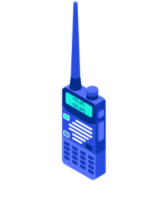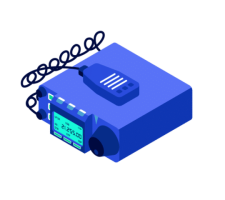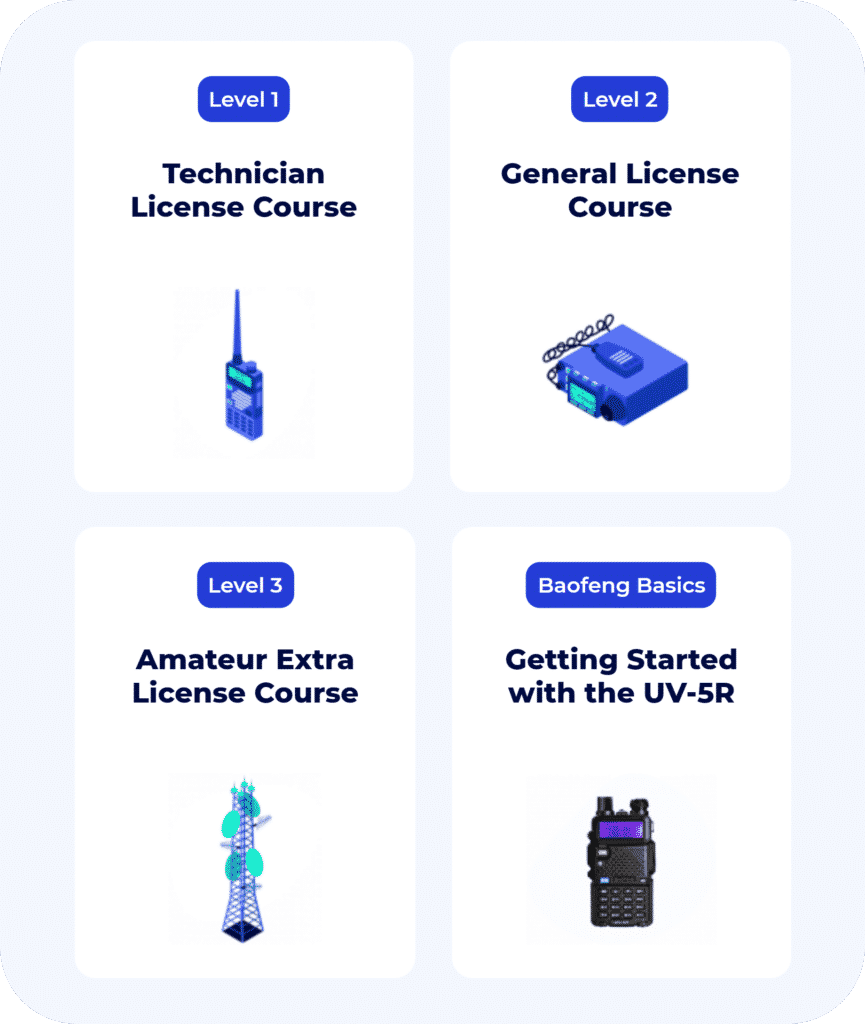With Memorial day coming up this weekend – maybe you’re planning on hitting the lake or ocean. You may be asking yourself – can I use my ham radio on a boat?
The answer is yes – you can use ham radio on a boat!
Ham radio is a great way to stay in touch with friends and family while you’re out on the water. It can also be used for emergency communication, weather forecasting, and more.
If you’re not the captain of the boat (like if you’re on a larger boat for instance), you should check with the captain in charge for permission. Otherwise, as long as you’re operating according to the correct frequencies/power levels for your license level, you’re good to go!
Just make sure you have your ham radio license so you can operate legally. If you don’t have your ham radio license, you can pass your exam in just 4-5 hours of study with the Ham Radio Prep program. It’s fast and easy. Check out our post on how to get your ham radio license if you need more help.
Getting licensed also helps you learn the rules so you can use the correct frequencies and not interfere on marine frequencies. In fact, the FCC has a full list of licenses that are available.
What can you do with ham radio on a boat?
All depends on if you’re out on a small lake, or even out in the ocean, where ham radio could be critical for staying in touch when other communication methods fail.
Here are a few things you can do with ham radio on a boat:
- Stay in touch with friends and family.
- Report weather conditions.
- Call for help in an emergency.
- Communicate with other boats.
- Communicate with shore stations.
Ham radio can be a valuable tool for boaters. It can help you stay safe, stay connected, and have more fun on the water.
Additional Tips for Using Ham Radio On A Boat
Here are some additional tips for using ham radio on a boat:
- Choose a radio that is rugged and can withstand some moisture. These radios are built to withstand the harsh conditions of the sea.
- Mount the radio in a secure location. The radio should be protected from the elements and from vibration.
- Keep the radio charged. Ham radios can use a lot of power, so it’s important to keep them charged, especially if you’re planning on using them for extended periods of time.
- Learn how to use the radio. Start with the Ham Radio Prep Technician License class to get licensed.
Ham radio can be a great way to stay safe and connected while you’re out on the water. By following these tips, you can ensure that you’re using your ham radio safely and effectively.












